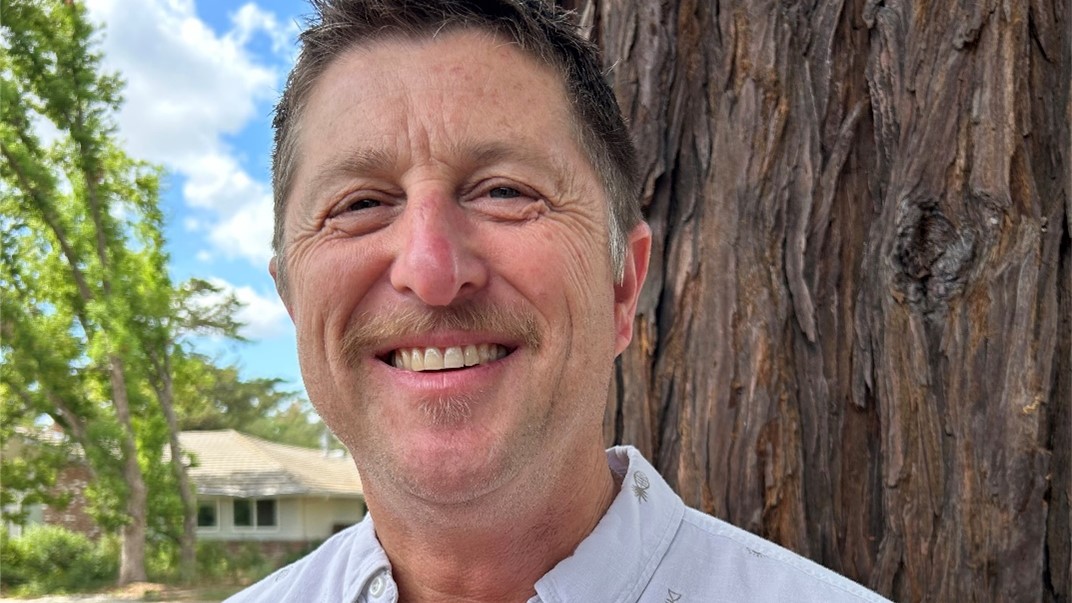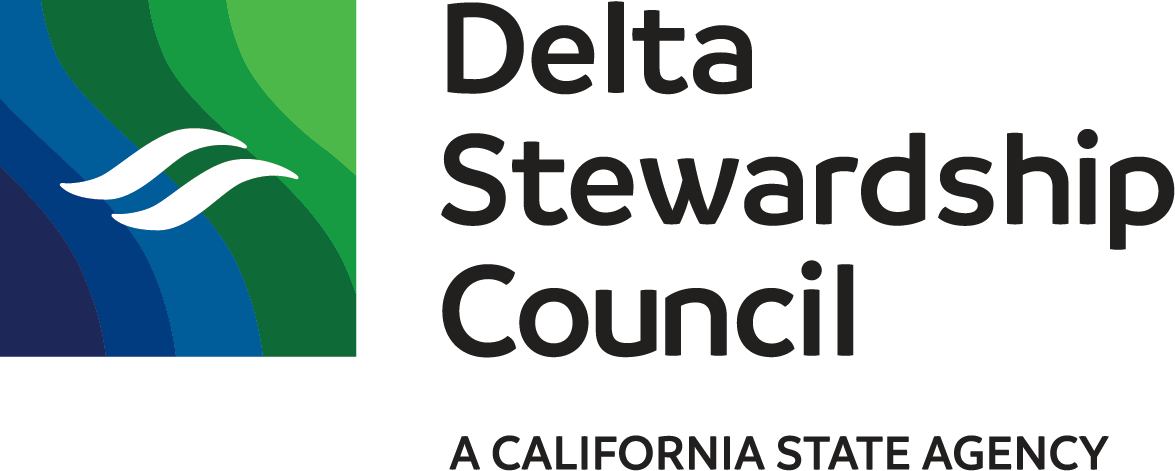Brown-Nichols Science Award
The Brown-Nichols Science Award was established in 2008 in honor of the significant contributions of Dr. Randall Brown and Dr. Frederic Nichols. Each made substantive contributions to science through research, by facilitating good science by others, and by communicating science to managers and policy makers in the San Francisco Estuary and watershed. Together they laid the foundations for the first Bay-Delta Science Conference.
The award is given biennially to recognize the contributions of a scientist for significant research and active involvement in facilitating the use of science to manage the San Francisco Estuary and watershed.

Matt Nobriga, Recipient of the 2024 Brown-Nichols Science Award
Matthew L. (Matt) Nobriga is being honored by his peers as the ninth recipient of the Brown-Nichols Science Award. Matt is a highly respected researcher in the Bay-Delta, with expertise in the life cycles of Bay-Delta fishes, especially Delta and Longfin smelt. His expertise is well-reflected in his record of publications, which is exceptionally long for an agency scientist in this region. Although others can match or exceed the number of papers he has produced, few have tackled the breadth of topics, nor have papers exhibiting the impact of Matt’s contributions.
For nearly 30 years, Matt’s career has been with state and federal agencies. In both regulatory and management settings, he has been able to directly apply his scientific knowledge to address high-priority management and policy questions and help design management actions that benefit the overall aquatic ecosystem, as well as at-risk species.
Through his role as a supervisor of other agency scientists, Matt has led teams of hydrologists, fish biologists, and modelers to publish in a variety of peer-reviewed journals, adding to the literature of management-relevant science. In addition, those teams have worked with others to develop highly useful models, including a Delta Smelt Life-Cycle Model and a Delta Smelt Individual-Based Model to assess and predict the effects of water resource-management actions on the Delta Smelt population.
Not only does Matt understand the science of the Delta, but he also has the rare ability to explain that knowledge to students, managers, and politicians. He is someone to whom everyone turns with respect, and this input often has the effect of calming and informing dialogue that could otherwise end up being contentious.
Matt was among the early cadre of scientists Randy Brown mentored in the 1990s. Randy’s efforts greatly expanded the role that science and scientists play in managing the Bay-Delta and California water overall. As stated in one of the award nomination letters, “It is only appropriate that another one of [Randy’s] “people” would be qualified to win this award.”
Past recipients of the Brown-Nichols Science Award

